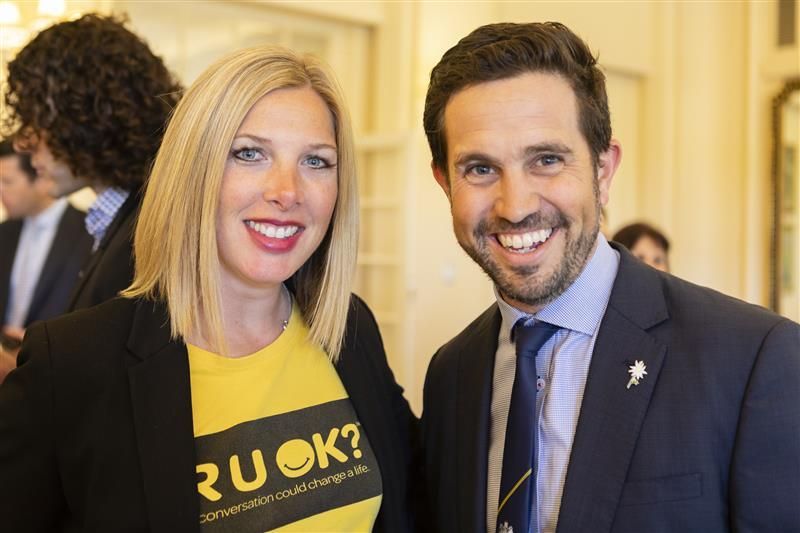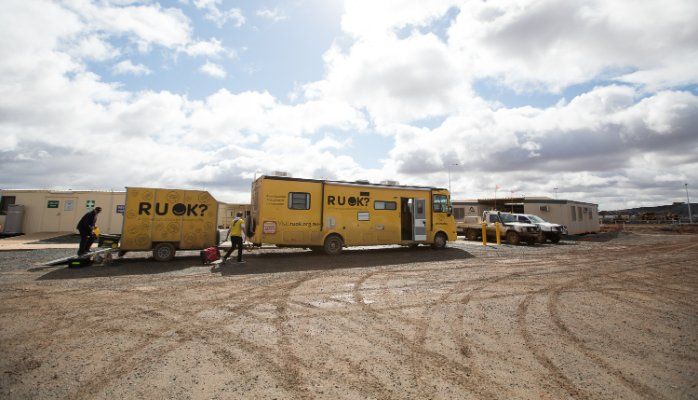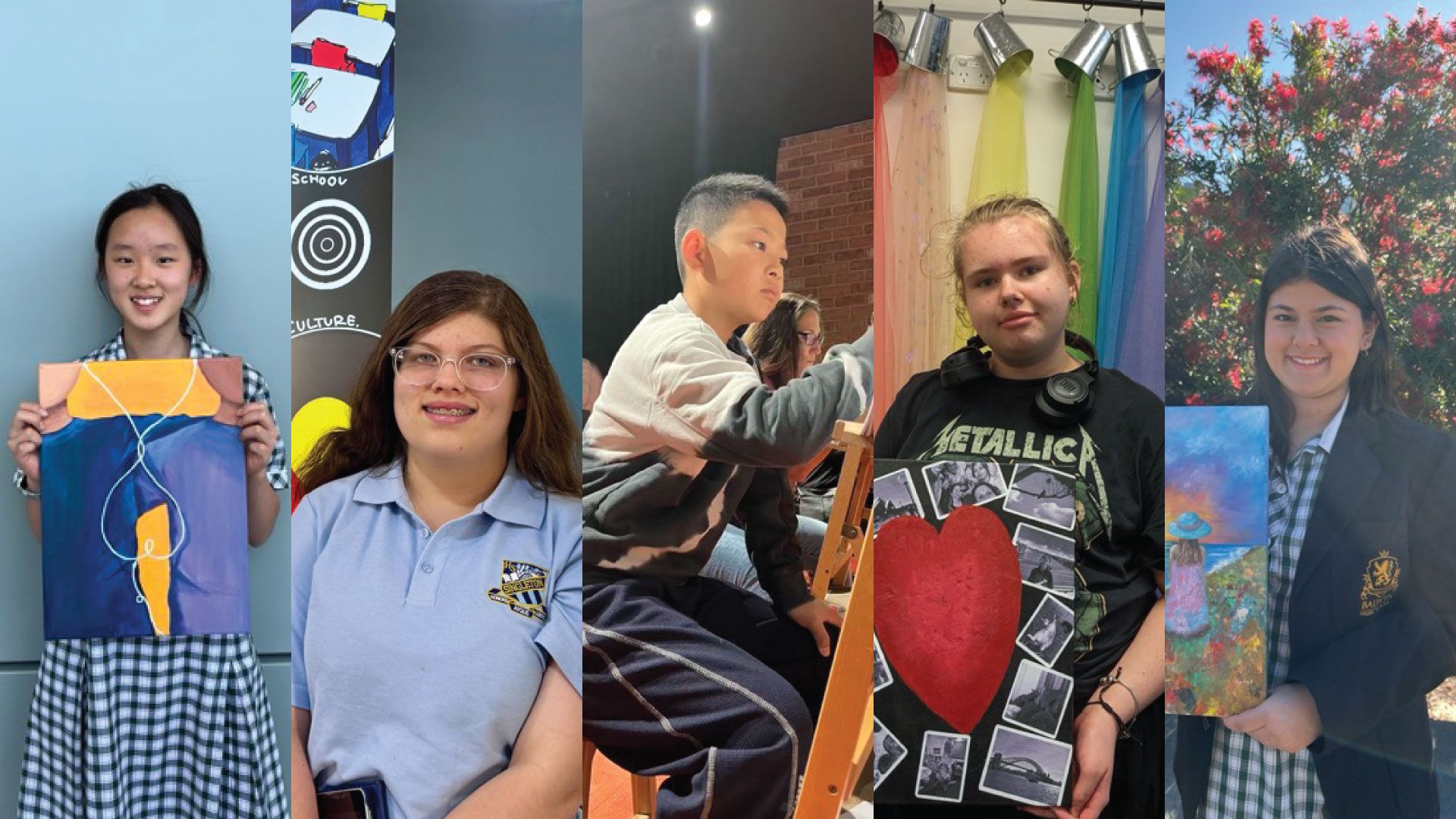Bristow: Working away from home? Supportive workmates matter
On the odd occasion when I’ve had a challenging period at work, having the support and understanding of my partner Tanya can be a great help.
It’s great being able to come home to someone who just knows when I’m off swing and to talk it out.
Those in fly in fly out (FIFO) and drive in drive out (DIDO) employment often don’t have the same luxury.
Anyone who’s been a FIFO or DIDO worker could tell you it’s tough lifestyle. Their job may open up many doors, but it also requires a lot of sacrifices. Being away from your friends and family for months at a time can take its toll. Working long and irregular hours can make the tough times more draining. At these times, your workmates almost become your family. They’re the first ones to pick up those small changes in behaviour when someone’s having a rough time. They’re the ones who know when a mate needs to be asked, “Are you ok?”
How can you encourage workmates to support each other?
- - Educate workers about the importance of looking out for each other; especially when working in remote locations. A great way to get the message out is including it on the agenda for toolbox meetings.
- - By openly discussing mental health and sharing stories, you can help challenge unhelpful behaviour and attitudes about mental illness and create a more mentally healthy workplace. Our partners Bristow showed their staff they can seek support from their workplace when they’re struggling by sharing Troy Mussio’s story:
“All of us have a breaking point whether we realise it or not. Whether we come close to it or not, we’ve all got it. It’s important that if you see somebody around in the workplace, a friend or even just a professional work colleague, if you notice something’s not right just ask ‘Are you alright? Can I help out?”
What can managers do?
- Encourage staff to keep up regular contact with trusted friends and family
- Be prepared and able to start a conversation; listen without judgement; and take what they seriously. Encourage them to think about the support and help they might need. For conversation tips visit: ruok.org.au/afield
- Provide all employees with the details of useful contacts like the Employee Assistance Program (EAP), local health service, HR contact and crisis support services like Lifeline 13 11 14.
- Keep an eye out for signs someone might need extra support, including changes in physical appearance, mood, behaviour and how thoughts are expressed.
- Ensure staff is aware of the existence of the EAP and the service is easily accessible. Troy Mussio, a helicopter pilot, shares how his employer’s EAP helped him access professional support early on.
“My employer, Bristow Helicopters Australia, offered help and support through the EAP. Without the company support, I’m not sure where I would be today. Even the simple, yet often overlooked ability for an employee to call someone through the EAP really is important as it gave me access to a professional early on.”
Troy Mussio, pilot, Bristow Helicopters Australia
Check out the R U OK? Afield campaign for resources to encourage your team leaders and team members to reach out to their colleagues: www.ruok.org.au/afield
Thanks to our partner Bristow, we’ve also developed a practical guide for team leaders on How to ask staff R U OK? when working away from home. Hard copies of the booklet can be purchased here: http://store.ruokday.com/team-leader-booklet/






















